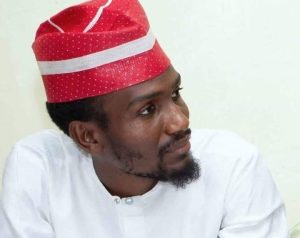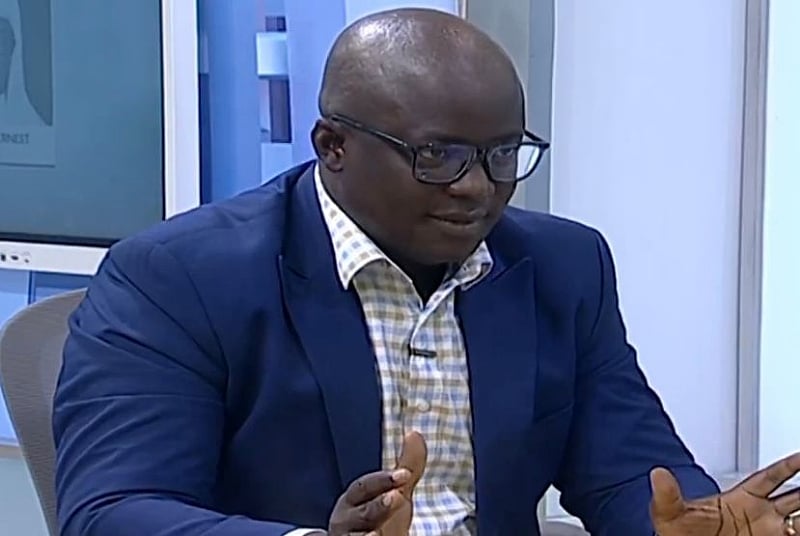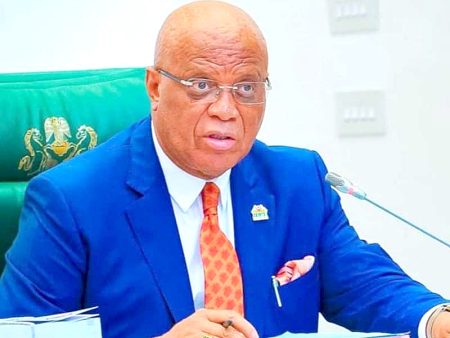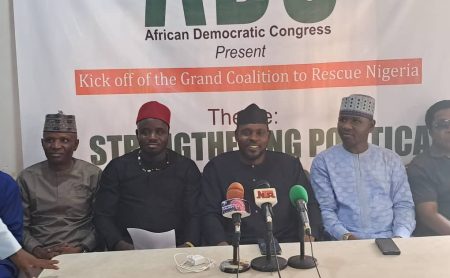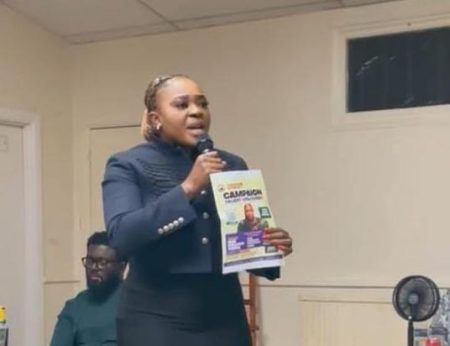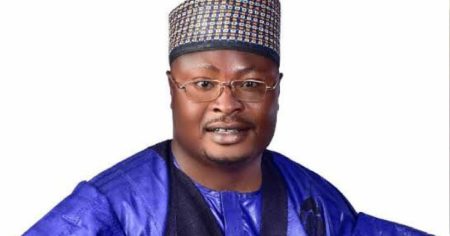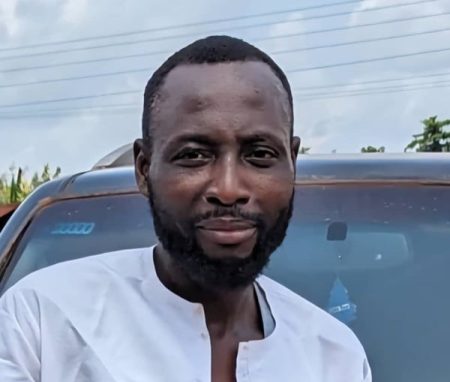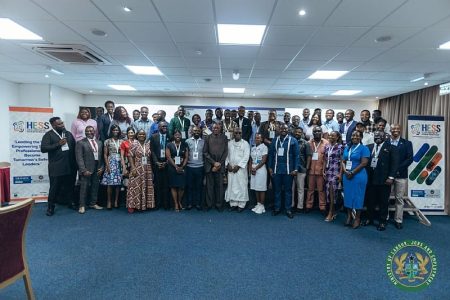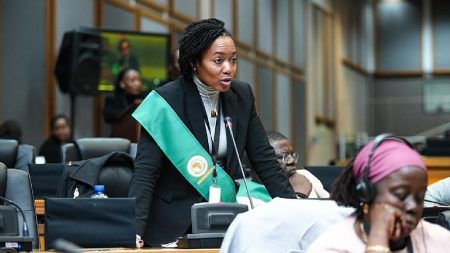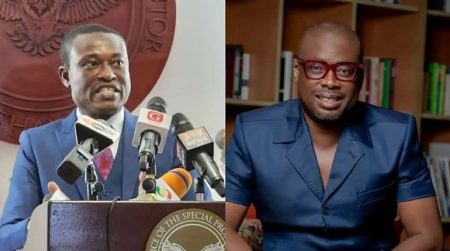Dr. Joshua Jebuntie Zaato, a political science lecturer at the University of Ghana and a member of the opposition New Patriotic Party (NPP), has launched a scathing critique of President John Dramani Mahama’s administration for discontinuing criminal cases against members of the ruling National Democratic Congress (NDC). Dr. Zaato’s criticism centers on the perceived abandonment of the government’s highly publicized anti-corruption initiative, “Operation Recover All Loots” (ORAL), and its replacement, in his view, with what he terms “Operation Clear All Loots.” This shift, he argues, signals a weakening commitment to fighting corruption and sets a dangerous precedent that could embolden potential wrongdoers.
The catalyst for Dr. Zaato’s condemnation was the Attorney General’s decision to drop charges against former Finance Minister Dr. Kwabena Duffuor and seven other individuals in a financial crimes case. The Attorney General justified the discontinuation by citing substantial recovery of the alleged losses, explaining that a 60% recovery threshold has been established as a benchmark for prosecuting similar cases. This explanation, however, has failed to satisfy Dr. Zaato, who sees it as a thinly veiled attempt to shield NDC members from accountability.
Dr. Zaato’s core argument revolves around the detrimental impact of such decisions on the fight against corruption. He contends that by discontinuing cases after partial recovery of funds, the government is effectively condoning corrupt practices. This sends a clear message, he argues, that individuals involved in financial malfeasance can escape full prosecution by simply returning a portion of the misappropriated funds. This approach, he insists, undermines the deterrent effect of legal action and creates a permissive environment for corruption to flourish.
The lecturer’s concerns extend beyond the specific case involving Dr. Duffuor. He views the Attorney General’s decision as symptomatic of a broader trend within the Mahama administration to protect its own members from prosecution. This selective application of justice, he argues, erodes public trust in the government’s commitment to combating corruption and reinforces the perception of impunity for those in power. He questions the sincerity of the government’s anti-corruption rhetoric, suggesting that the actions speak louder than words and reveal a lack of genuine resolve to tackle the issue.
Dr. Zaato’s criticism also raises fundamental questions about the role of recovery in corruption cases. While acknowledging the importance of recovering stolen assets, he argues that it should not be the sole determinant of whether or not to pursue prosecution. The focus, he maintains, should be on holding individuals accountable for their actions, irrespective of the amount recovered. Leniency based on partial recovery, he believes, diminishes the gravity of the offense and sends the wrong signal to potential offenders.
In essence, Dr. Zaato’s critique represents a broader concern about the perceived erosion of the rule of law and the weakening of institutions designed to combat corruption. He argues that the government’s actions, particularly the discontinuation of high-profile cases, undermine the integrity of these institutions and create a climate of impunity. This, he warns, could have long-lasting consequences for Ghana’s democratic development and its efforts to establish a culture of accountability and transparency. He calls for a more robust and impartial approach to tackling corruption, one that prioritizes prosecution and punishment alongside asset recovery, to ensure that those who engage in corrupt practices face the full force of the law.



